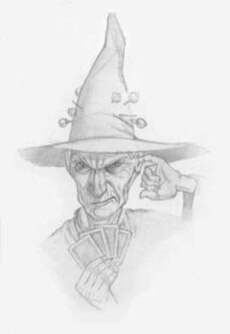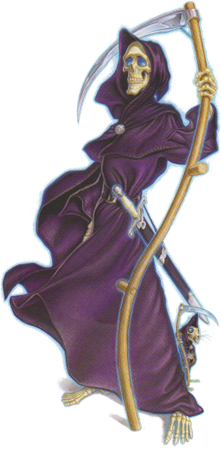Dreams disappear quickly upon waking. One way to hang onto those fragments of inspiration is to keep a Dream Diary. From your dreams you can take the abstract idea and brainstorm story plots. Do you record dreams? Here's some tips:
- Make sure your paper and pen are right by your bedside, chances are you won't bother getting up in the night to find them.
- If you can't see well enough to write immediately (my eyes are blurry for about an hour after waking), you can say the dream out loud to help solidify the memory.
- Think about your WIP as you drift off to sleep. Talk to your characters, this might help you dream about them.
- Don't try to write a sensible narrative of your dream, just scrible images and interactions as you remember them. They don't have to make sense, you can use them as writing prompts later.
- Meditate before sleep to promote vivid dreams. I've posted about hypnosis for writing before in Stories from the Subconscious I use a hypnosis recording on my iPhone. You can also learn self-hypnosis. Try iTunes or Audible for plenty of free hypnosis podcasts.
- Fall asleep listening to an audio book. I do this accidently sometimes and it always prompts weird dreams.
- Reading fiction right before bed can get your brain in an imaginative mood.
Here's some recordings that I use:
Ever wondered why we forget our dreams so easily?
The Naked Scientist tells us dreams create short-term memories, and because we often don't consciously move those images to our long-term memory, we quickly forget them. This is why you are more likely to remember a dream if you are awakened during it.
Freud's idea was that dreams are our secret wishes and desires, so we decide to suppress them. That doesn't really work for me because there are plenty of dreams I wish I could have suppressed, but didn't.
And because we move in our dreams through our imagination we are tying our memory to that kinetic memory, but when we wake we move our body physically (stretch, sit up or reach for the alarm) and this breaks the link between our dream state and physical state. This theory suggests lying very still upon waking, with your eyes still closed to recall your dream before moving your body.
Freud's idea was that dreams are our secret wishes and desires, so we decide to suppress them. That doesn't really work for me because there are plenty of dreams I wish I could have suppressed, but didn't.
And because we move in our dreams through our imagination we are tying our memory to that kinetic memory, but when we wake we move our body physically (stretch, sit up or reach for the alarm) and this breaks the link between our dream state and physical state. This theory suggests lying very still upon waking, with your eyes still closed to recall your dream before moving your body.


































